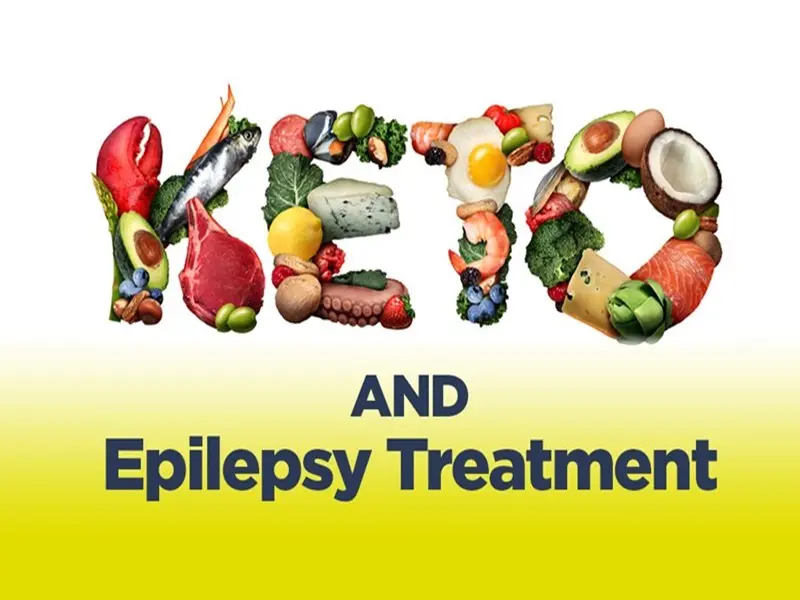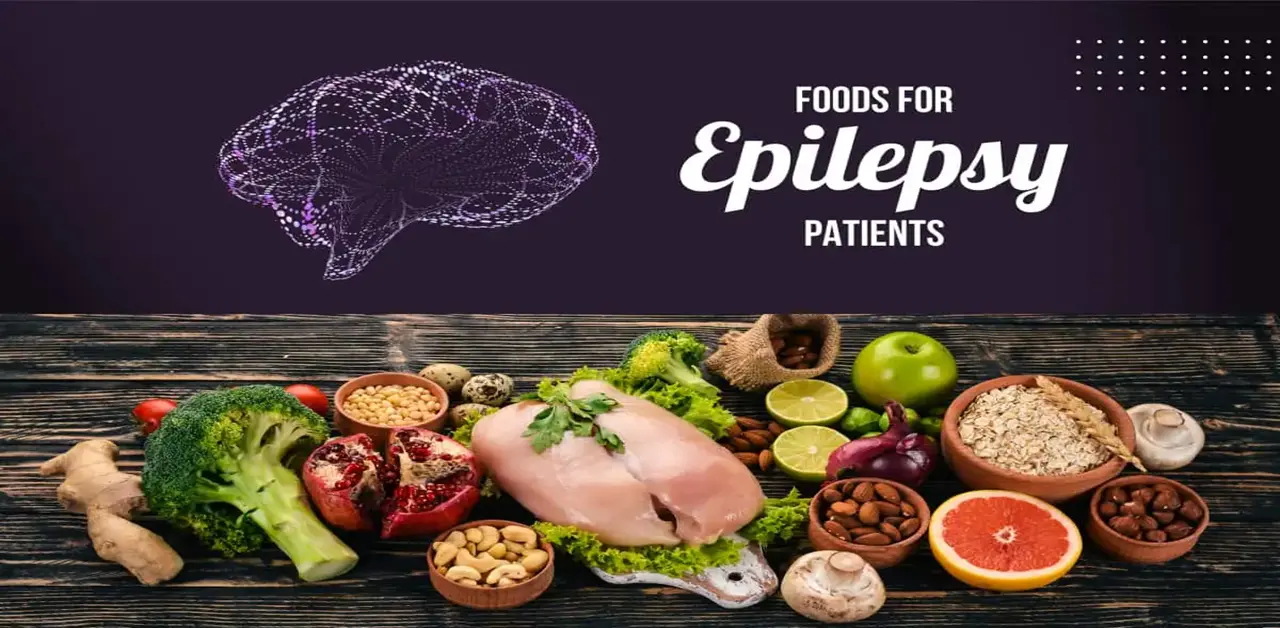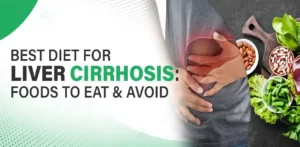Contents
Epilepsy affects millions of people globally, impacting their daily lives and requiring careful management. While medication plays a vital role in epilepsy treatment, diet also plays a significant part in controlling seizures and improving overall health. In this article, we’ll explore the best foods for epilepsy, along with dietary recommendations and seizure-friendly meal ideas to help manage this condition effectively.
Understanding Epilepsy and Its Dietary Impact
Epilepsy is a neurological disorder characterized by recurrent seizures, which can vary in intensity and frequency. While medications like anticonvulsants are commonly prescribed to manage epilepsy, research suggests that diet can also influence seizure control.

Epilepsy Diet Recommendations
- Ketogenic Diet: One of the most well-known diets for epilepsy is the ketogenic diet, which is high in fats, moderate in proteins, and low in carbohydrates. This diet aims to induce ketosis, a metabolic state where the body uses ketones for energy instead of glucose. Ketones are believed to have anticonvulsant effects, making this diet beneficial for some individuals with epilepsy.
- Low Glycemic Index (GI) Foods: Foods with a low glycemic index release glucose slowly into the bloodstream, helping maintain stable blood sugar levels. This can be beneficial for epilepsy management as fluctuations in blood sugar levels may trigger seizures in some individuals. Examples of low GI foods include whole grains, legumes, non-starchy vegetables, and fruits like berries.
- Omega-3 Fatty Acids: Incorporating foods rich in omega-3 fatty acids, such as fatty fish (salmon, mackerel, sardines), flaxseeds, chia seeds, and walnuts, can be beneficial for brain health and may have anti-inflammatory properties that could potentially reduce seizure frequency.
- Antioxidant-Rich Foods: Antioxidants help protect cells from damage caused by free radicals and inflammation. Including a variety of colorful fruits and vegetables in the diet, such as berries, spinach, kale, carrots, and bell peppers, provides a range of antioxidants that support overall health and may contribute to epilepsy management.

Seizure-Friendly Meals and Recipes
Creating seizure-friendly meals involves focusing on nutrient-dense foods while avoiding potential triggers. Here are some meal ideas and recipes suitable for individuals with epilepsy:
- Breakfast: A ketogenic-friendly breakfast could include scrambled eggs cooked in coconut oil with avocado slices and a side of berries. For those preferring a low GI option, oatmeal made with almond milk, topped with nuts and seeds, can be a filling and nutritious choice.
- Lunch: A lunch salad with leafy greens, grilled chicken or tofu, olive oil dressing, and a variety of colorful vegetables like bell peppers, cucumbers, and tomatoes is a balanced and seizure-friendly option. For a ketogenic twist, replace the salad with a lettuce wrap filled with tuna salad and avocado.
- Dinner: For dinner, grilled fish (rich in omega-3s) with steamed broccoli and quinoa is a wholesome meal that provides essential nutrients. A ketogenic alternative could be cauliflower rice stir-fried with vegetables and tofu or chicken.
Foods to Avoid for Epilepsy
While certain foods can benefit epilepsy management, others may act as triggers for seizures in susceptible individuals. Foods to avoid or limit include:
- Highly Processed Foods: Processed foods often contain additives, preservatives, and artificial sweeteners that may negatively impact neurological function in some people.
- High Sugar Foods: Foods high in refined sugars can cause rapid spikes and drops in blood sugar levels, potentially triggering seizures in sensitive individuals.
- High Glycemic Index (GI) Foods: Foods with a high GI, such as white bread, sugary cereals, and pastries, can lead to rapid glucose surges, which may be problematic for epilepsy control.
- Alcohol: Excessive alcohol consumption can interfere with medication effectiveness and may lower seizure thresholds in some individuals.

Epilepsy Nutrition Therapy
Nutrition therapy for epilepsy often involves working with a healthcare provider or dietitian to create a personalized eating plan tailored to individual needs and preferences. Some additional strategies that may be incorporated into epilepsy nutrition therapy include:
- Monitoring Ketosis: For those following a ketogenic diet, monitoring ketone levels regularly can ensure that the diet is providing the intended therapeutic benefits.
- Supplementation: In some cases, supplementation with vitamins, minerals, or specific nutrients like magnesium or vitamin D may be recommended to support overall health and epilepsy management.
- Food Journaling: Keeping a food diary can help identify potential triggers or patterns related to diet and seizure activity, allowing for adjustments to be made as needed.
A well-planned diet can complement traditional epilepsy treatments and contribute to better seizure control and overall health. By incorporating foods rich in omega-3 fatty acids, antioxidants, and following dietary strategies like the ketogenic or low GI diets, individuals with epilepsy can support their well-being and enhance their quality of life. Always consult with a healthcare professional before making significant dietary changes, especially for managing medical conditions like epilepsy.
Individuals managing epilepsy can further support their dietary needs by ordering healthy food from the IntRest website. This platform offers a convenient way to customize meals based on specific illnesses, dietary requirements, and allergies. By utilizing IntRest, individuals can ensure they are receiving tailored nutrition that aligns with their epilepsy management plan. This additional resource enhances the accessibility and ease of maintaining a seizure-friendly diet while catering to individual health needs.




